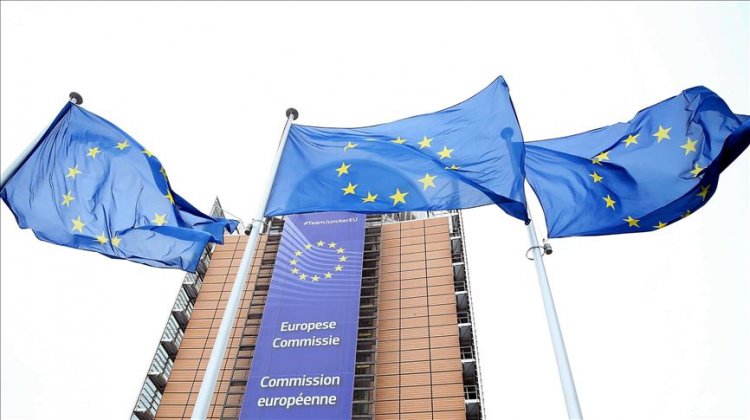Brussels sees growth reach 4%

The Finance Ministry is guardedly optimistic about the course of the Greek economy in the wake of a European Commission estimate for growth of 4% in 2022, against 3.1% predicted by the government.
Ministry officials say the targets in the medium-term plan will not be revised now, but in October with the submission of the draft budget. However, this does not prevent the prime minister’s office from planning measures and tax breaks that will be outlined in September at the Thessaloniki International Fair by Kyriakos Mitsotakis in his keynote speech.
The energy crisis may be the big unknown factor and inflation may continue to rise, but the same official note that growth will be significant in 2022 despite the effects of the war in Ukraine and the high inflation, which is mainly due to external factors like international energy and food prices. At the same time, they emphasize that revenues so far are significantly higher than estimated in the budget, relieving some of the financial pressure created by the energy crisis.
According to the Commission’s estimates, gross domestic product will increase 4%, significantly higher than the average performance in the EU, but also from the previous estimates of the Commission (3.5%) and by the ministry (3.1%). In 2023, the Commission sees GDP growing 2.4%, from 3.1% previously.
At the same time, though, inflation estimates are moving in the opposite direction. Brussels sees inflation averaging at 8.9% in Greece this year against a previous forecast for 6.3%, while for 2023 it estimates that the harmonized price index will increase again by 3.5%, against 1.9% previously expected.
In its report, the Commission says it expects Greek growth in 2022 to be supported by the Recovery Fund, as well as tourism, which will register a full return to pre-pandemic levels by 2023.
“Going forward, increased uncertainty is expected to further reduce demand for new jobs and, combined with the still high rate of inflation, weaken growth in 2023,” it said. In addition, the weaker growth prospects of the economy as well as tighter lending conditions are expected to slow down private investment, despite the stimulus from the Recovery Fund, it pointed out.
















![The Biggest Travel Trends of 2026 [CNTraveler]](https://static.mykonosticker.com/uploads/images/2026/01/image_140x98_695ead4568994.jpg)




![The Biggest Travel Trends of 2026 [CNTraveler]](https://static.mykonosticker.com/uploads/images/2026/01/image_705x436_695ead4553384.jpg)




